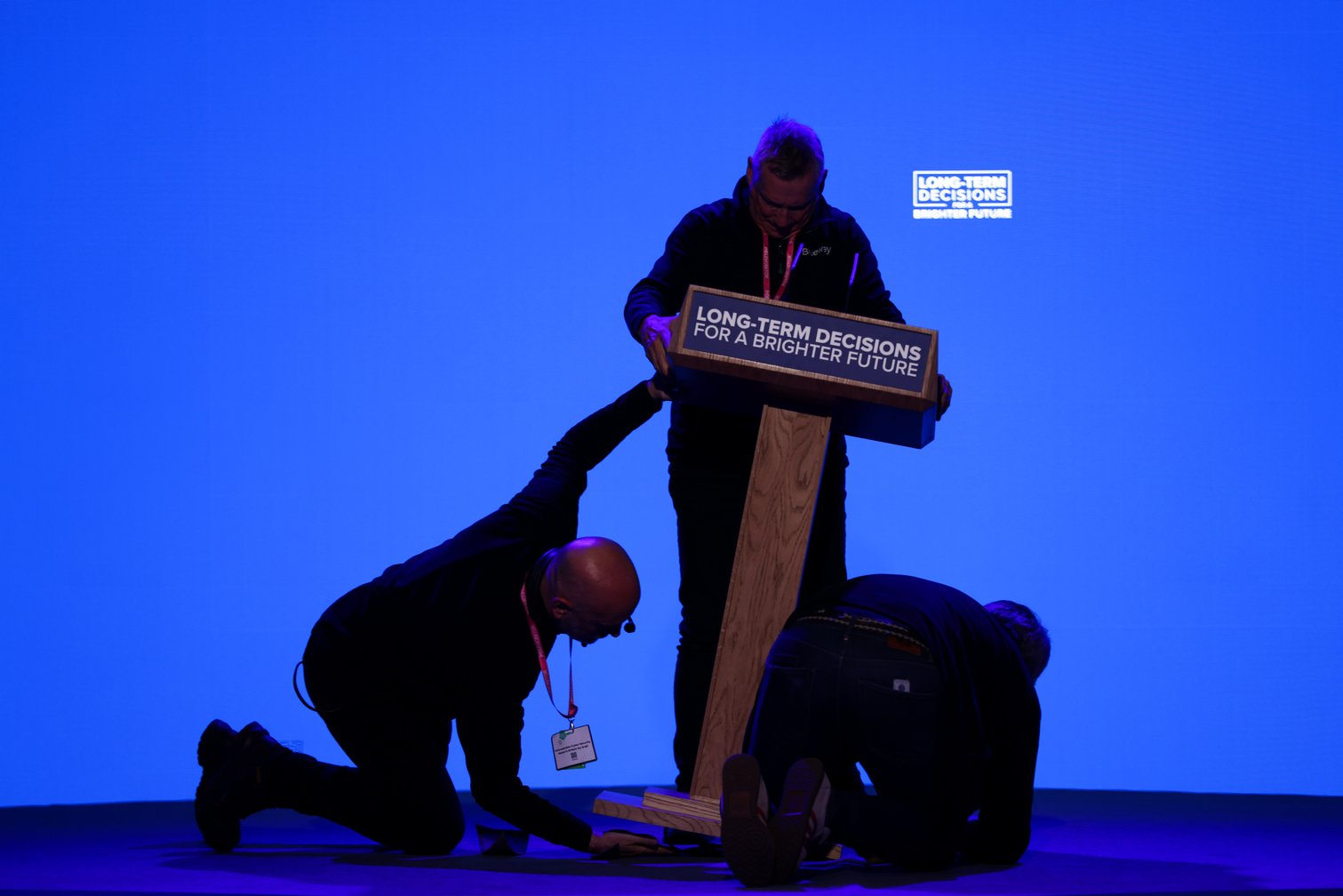If you believe there really is no time for political mistakes on some crucial issue — climate change, say, or the threat of nuclear annihilation — then why should you accept a leader you did not vote for, or endorse an election result you disagree with? Jonathan White, a political sociologist at the London School of Economics, has written a short book about a coming crisis that democratic politics, he argues, cannot possibly accommodate: the world’s most technologically advanced democracies are losing their faith in the future.
This is not a new thought. In her 2007 book The Shock Doctrine Naomi Klein predicted how governments geared to crisis management would turn ever more dictatorial as their citizens grew ever more distracted and malleable. In the Long Run White is less alarmist but more pessimistic, showing how liberal democracy blossoms, matures, and ultimately shrivels through the way it imagines its own future. Can it survive in the world where high-school students are saying things like ‘I don’t understand why I should be in school if the world is burning’?
A broken constitution, an electorate that’s ignorant or misguided, institutions that are moribund and full of the same old faces, year after year — these are not nearly the serious problems for democracy they appear to be, says White: none of them undermines the ideal, so long as we believe that there’s a process of self-correction going on.
Democracy is predicated on an idea of improvability. It is, says White, “a future-oriented form, always necessarily unfinished”. The health of a democracy lies not in what it thinks of itself now, but in what hopes it has for its future. A few pages on France’s Third Republic — a democratic experiment that, from latter part of the 19th century to the first decades of the 20th, lurched through countless crises and 103 separate cabinets to become the parliamentary triumph of its age — would have made a wonderful digression here, but this is not White’s method. In the Long Run relies more on pithy argument than on historical colour, offering us an exhilarating if sometimes dizzingly abstract historical fly-through of the democratic experiment.
Democracy arose as an idea in the Enlightenment, via the evolution of literary Utopias. White pays special attention to Louis-Sébastien Mercier’s 1771 novel The Year 2440: A Dream if Ever There Was One, for dreaming up institutions that are not just someone’s good idea, but actual extensions of the people’s will.
Operating increasingly industrialised democracies over the course of the 19th century created levels of technocratic management that inevitably got in the way of the popular will. When that process came to a crisis in the early years of the 20th century, much of Europe faced a choice between command-and-control totalitarianism, and beserk fascist populism.
And then fascism, in its determination to remain responsive and intuitive to the people’s will, evolved into Nazism, “an ideology that was always seeking to shrug itself off,” White remarks; “an -ism that could affirm nothing stable, even about itself”. Its disastrous legacy spurred post-war efforts to constrain the future once more, “subordinating politics to economics in the name of stability.” With this insightful flourish, the reader is sent reeling into the maw of the Cold War decades, which turned politics into a science and turned our tomorrows into classifiable resources and tools of competitive advantage.
White writes well about 20th-century ideologies and their endlessly postponed utopias. The blandishments of Stalin and Mao and other socialist dictators hardly need glossing. Mind you, capitalism itself is just as anchored in the notion of jam tomorrow: what else but a faith in the infinitely improvable future could have us replacing our perfectly serviceable smartphones, year after year after year?
And so to the present: has runaway consumerism now brought us to the brink of annihilation, as the Greta Thunbergs of this world claim? For White’s purposes here, the truth of this claim matters less than its effect. Given climate change, spiralling inequality, and the spectres of AI-driven obsolescence, worsening pandemics and even nuclear annihilation, who really believes tomorrow will look anything like today?
How might democracy survive its own obsession with catastrophe? It is essential, White says, “not to lose sight of the more distant horizons on which progressive interventions depend.” But this is less a serious solution, more an act of denial. White may not want to grasp the nettle, but his readers surely will: by his logic (and it seems ungainsayable), the longer the present moment lasts, the worse it’ll be for democracy. He may not have meant this, but White has written a very frightening book.


